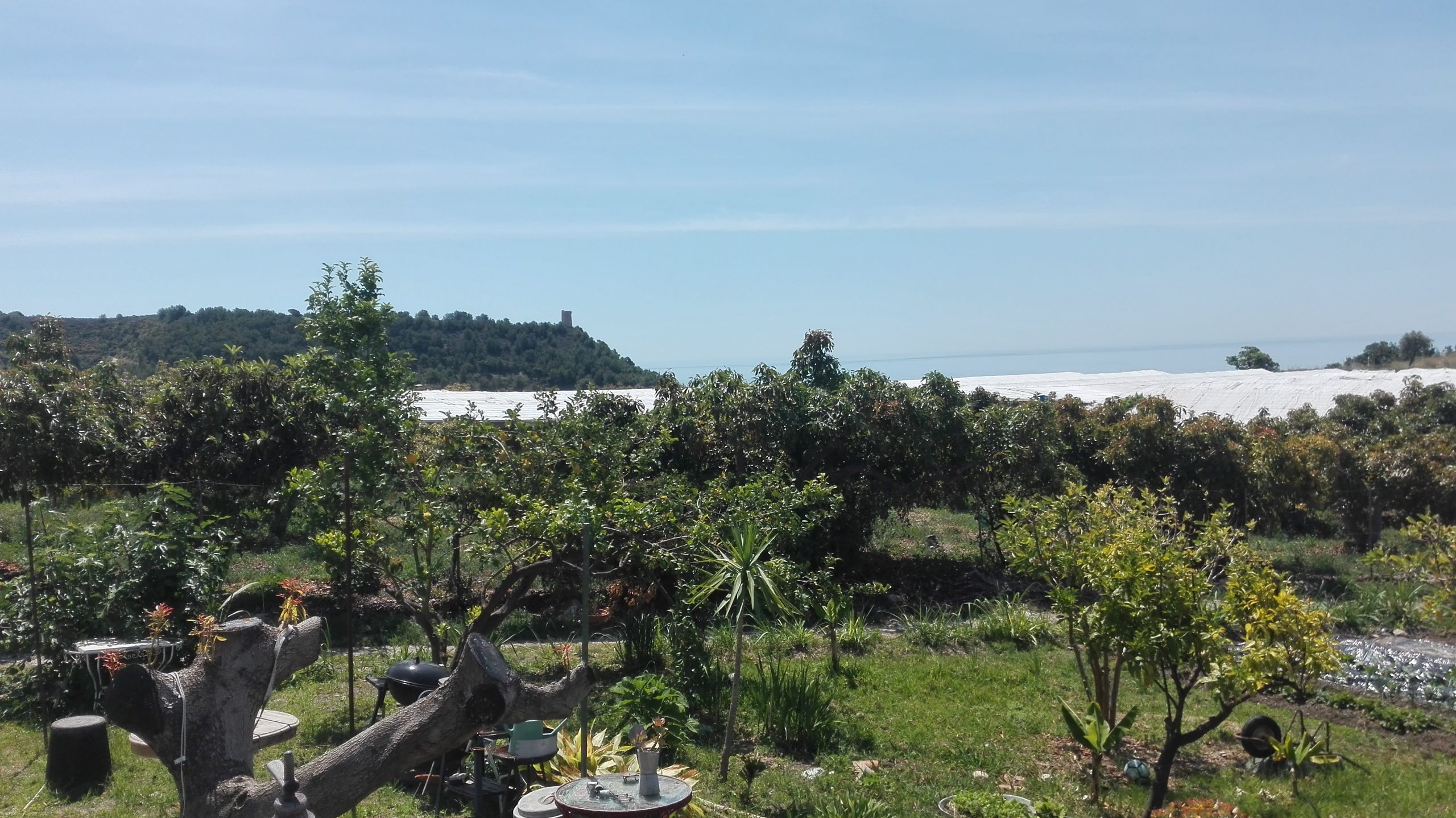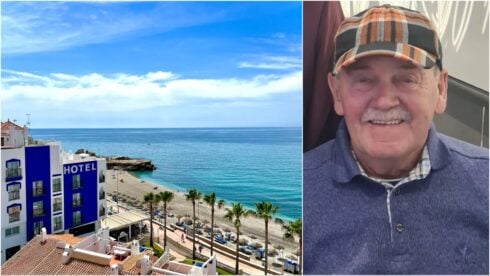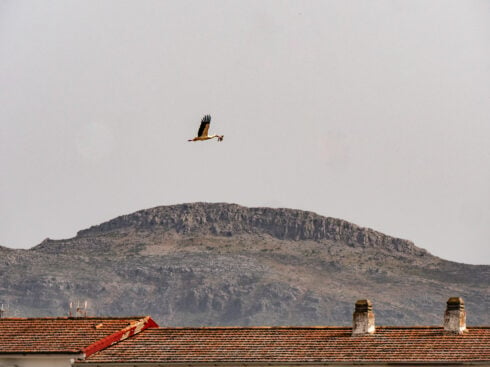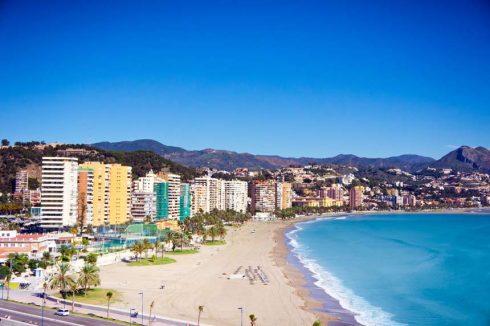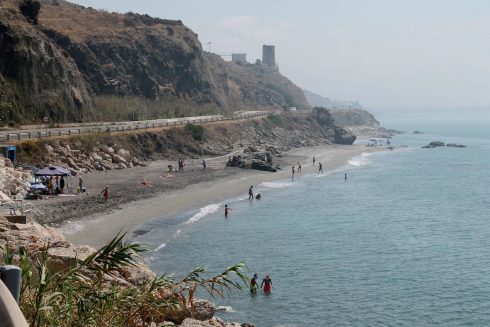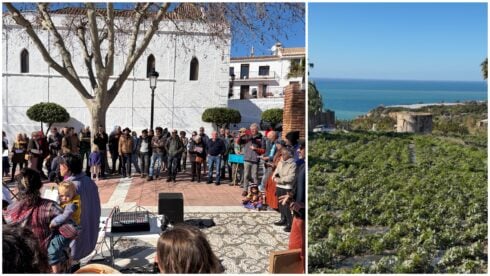OPPOSITION Groups against the development of 1 million square metres of Andalucian coastline have revealed the potentially seedy underbelly surrounding the project.
‘Otro Maro y Nerja es Posible’ is continuing its fight against the sugar giant Larios SL and its plans to redevelop large areas of protected land.
In its latest allegations, Jorge Alaminos, spokesperson for the platform, explains that the entire project is underlined by decades of political and financial ties between the Nerja council and Larios.
The main allegations are that the potential agreement between the local government and Larios is heavily tied to a territorial debt owed to the Larios estate.
Larios SL owns vast areas of the Malaga coastline and is one of the largest and most influential landowners in Spain.
The debt originated after various areas of Nerja and Maro were ‘given’ to Nerja council to construct municipal facilities.
The first was development of the Chillar River in 2004, then subsequently the Maro fire station and roundabout in 2008 and finally the health centre in 2009.
Otro Maro alleges that that Nerja council are now in a position whereby they are releasing the land for development as a ‘pay-back’ for the previous transactions.
The land in question, which stretches for over six kilometres east of Nerja, is currently covered under the Cultural Interest Asset (BIC) regulation.
It is also classed as an area of Special Agricultural Protection as there are 150 individual tenants that work the land, generating nearly €1 million from the local co-operativa.
This concern is part of a 38 point document presented to the local council board by members of the opposition groups.
The 820-page document was supported by 19,000 digital signatures collected on the Change.org petition page.
Alaminos also claims that the agreement is based on false truths, including that the ground is unsuitable for agricultural use.
This is despite the fact that 166,000 square metres of the hillside are dedicated to growing and farming a vast array of sub-tropical fruits and vegetables.
Otro Maro argue that the potential earnings predicted by Larios for the golf course, hotel and homes are far more unstable and unpredictable than the food that has grown on the land for hundreds of years.
“If the agreement is definitively approved, the farmers would lose their rustic land and their vital source of income,” said Alaminos.
“The definitive end of agriculture would take place in Maro and would see the disappearance of a stable and profitable activity.”
Although the opposition parties in the area are against the project, they are remaining silent on any financial allegations towards Larios.
The PSOE has however filed an official appeal against Jose Alberto Armijo and the PP and Cs government against the reclassification of the land under the LISTA act.
The PP remains pragmatic about the situation, insisting that they have the best intentions for the area in mind and that they will act according to the geographical and cultural restrictions placed on the land.
“We are also only at the proposal stage,” added Nieves Atencia, councillor for urban planning for the PP.
“Nothing has been agreed yet and we will take all opposition into consideration.”
Click here to read more News from The Olive Press.

